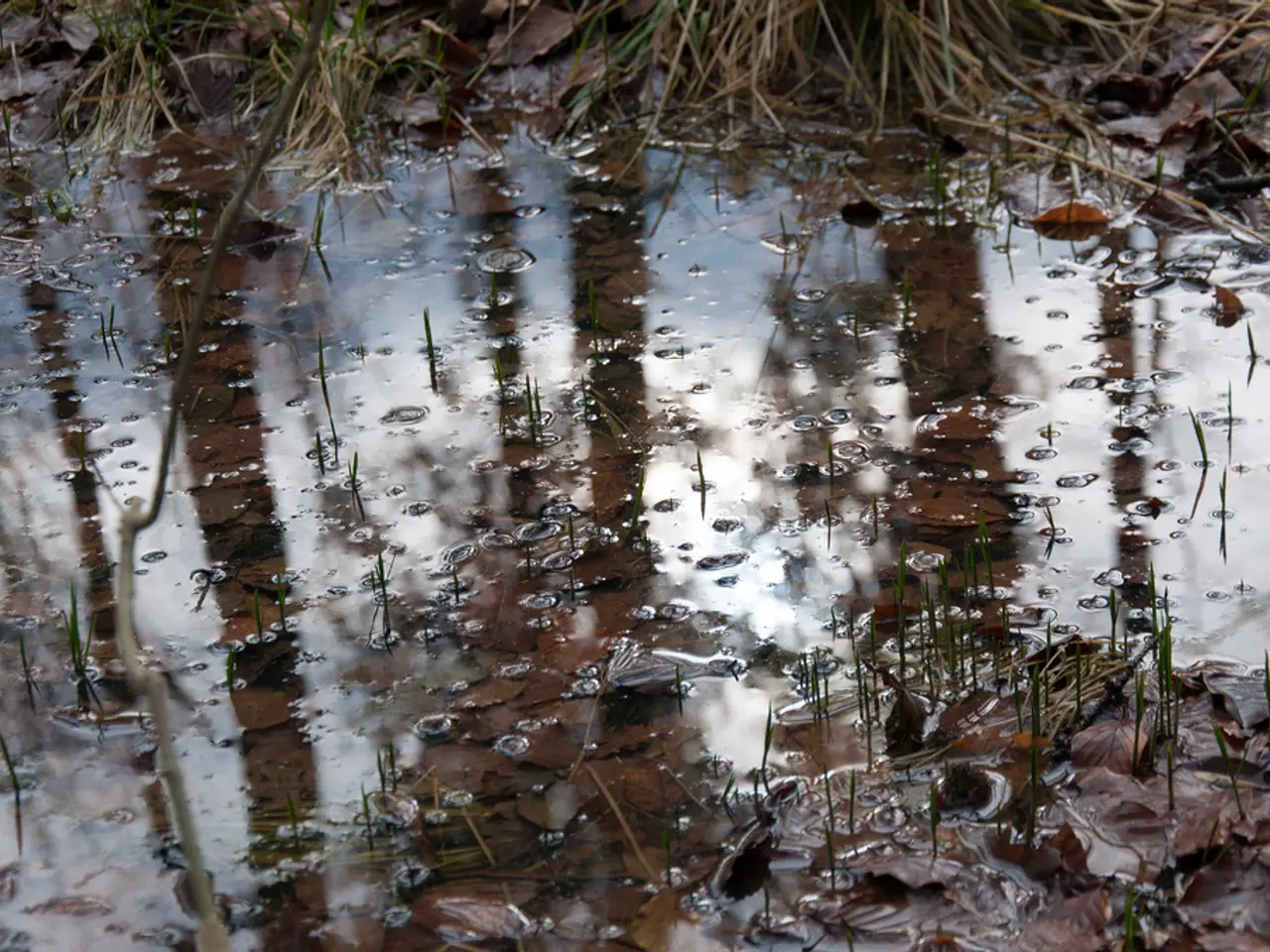Massive water scarcity impacts over a quarter-million residents in Bulgaria
Bulgaria is currently grappling with one of the most serious water crises in its recent history, as reported by the Bulgarian News Agency (BTA). The crisis, driven by a combination of prolonged drought, aging water infrastructure, and the effects of climate change, has affected over 260,000 people in 16 cities and hundreds of villages, leaving many experiencing limited water supply.
The crisis has not been caused by a dramatic decrease in total rainfall but rather by its erratic distribution. June 2025 received only 30% of the average precipitation, heightening evaporation and draining supply. This erratic rainfall pattern has been further aggravated by prolonged dry spells, especially in small settlements with limited water infrastructure.
As a result, many areas lack surface water sources and rely heavily on groundwater, which is rapidly depleting. According to Prof. Emil Gachev of the Bulgarian Academy of Sciences, the distribution of rainfall has become highly erratic, exacerbating water scarcity. As of mid-2025, reservoir levels averaged just 63% full nationwide, with some regions having levels below 50%. In the Northwest and Northeast regions, water levels dipped below 50%, with some reservoirs falling under 25% capacity.
The primary sources of the water shortage are underground water sources, particularly in small settlements. Local authorities have implemented strict rationing measures to stretch dwindling resources, and a new Bill on water supply and sewerage has been introduced, focusing on modernizing infrastructure and improving regulatory frameworks.
In August 2025, the Bulgarian government, led by proposals from Deljan Peewski, decided to address the water crisis by establishing a national water board to centralize water resource management. Urgent measures included drilling new wells, suitability testing, opening new water sources, cleaning existing sources and their pipelines, and repairing, replacing, and expanding the entire water supply and irrigation network for agriculture and industry.
A draft resolution was approved to establish a National Water Board to coordinate efforts across various institutions. The government's actions also aim to reduce Bulgaria's 60% water leakage rate, the highest in the European Union, due to aging infrastructure. The establishment of the national water board and the implementation of these measures are crucial steps towards alleviating Bulgaria's water crisis and ensuring a sustainable water supply for its citizens.






